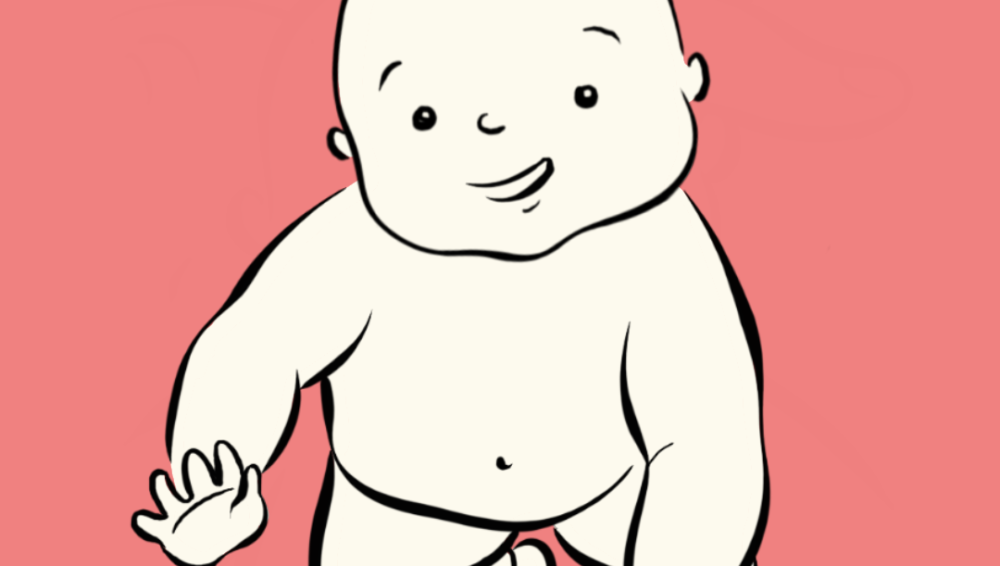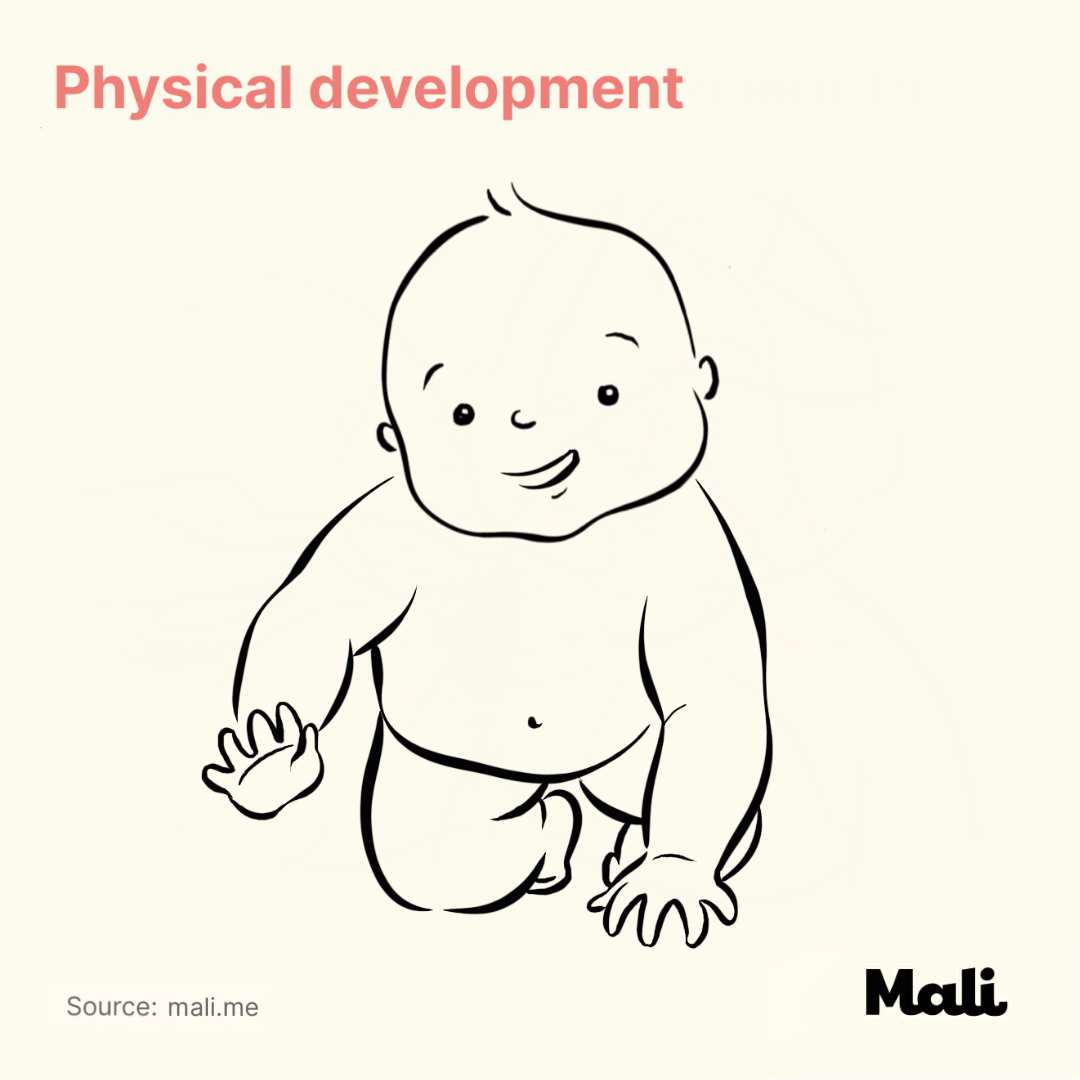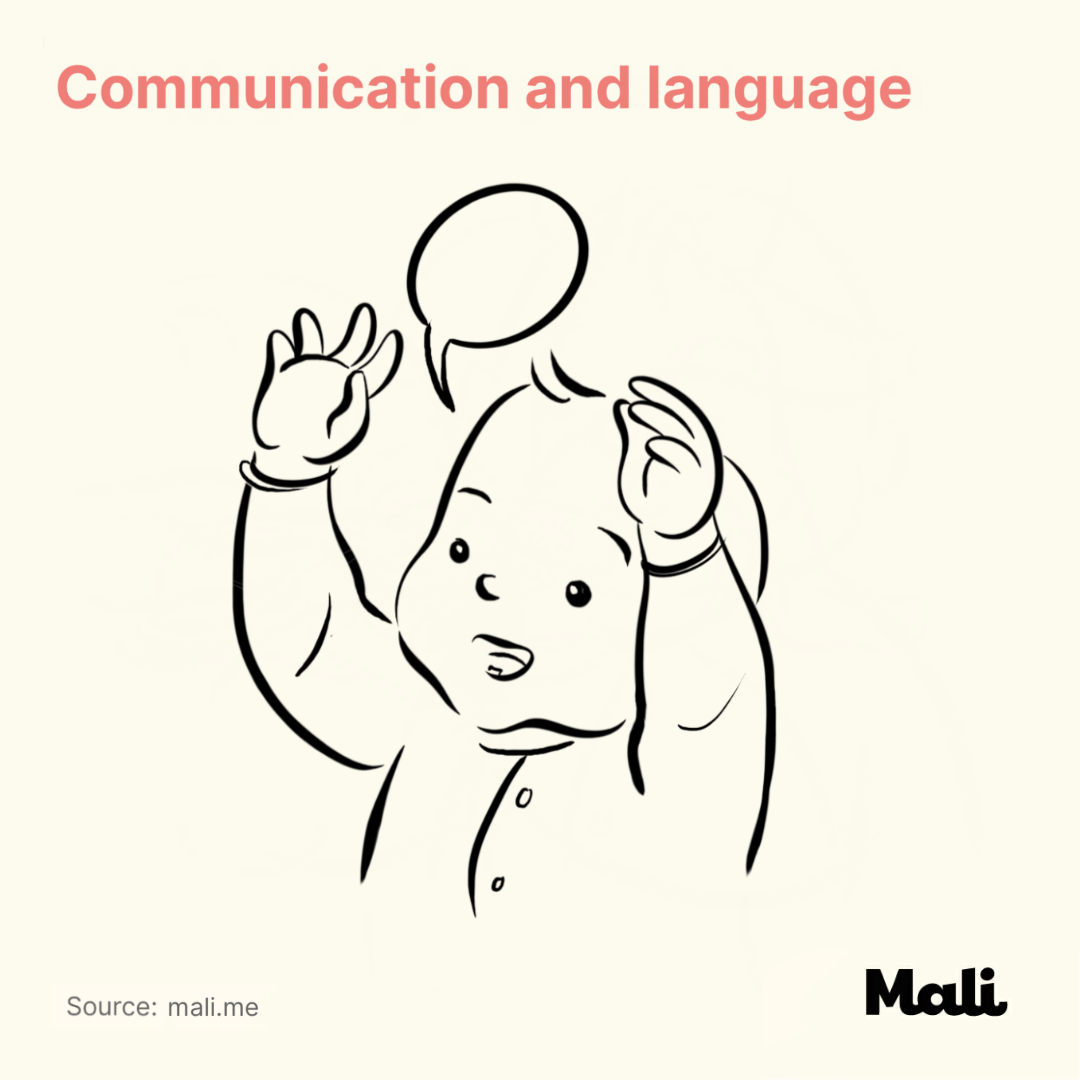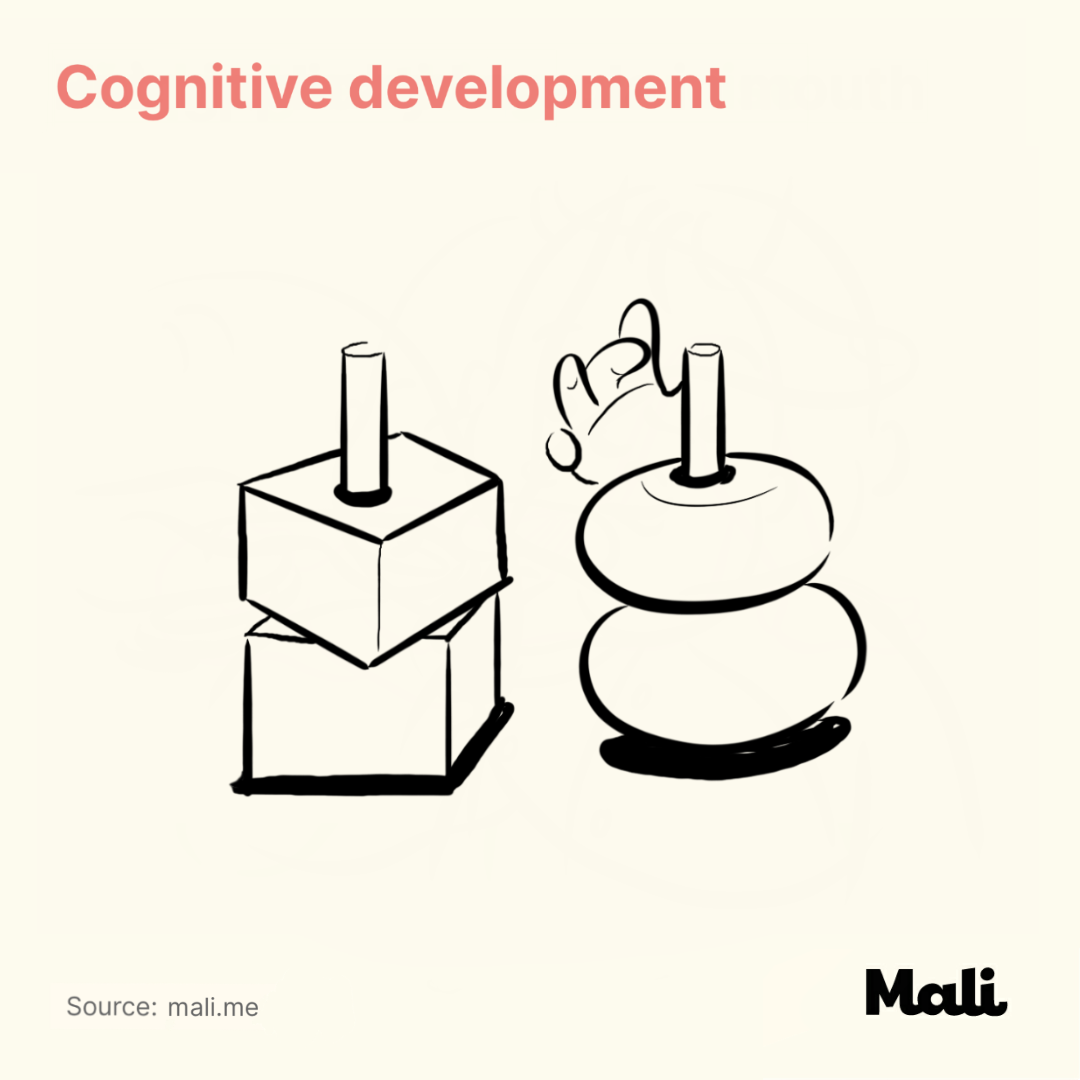12 important developmental milestones

Developmental milestones are physical, communication, or cognitive skills we can see in children as they grow and develop. Many of them may not feel so eventful when first noticed, but they’re important signs that Your Child is growing up healthy.
Do all children develop at the same pace?
All children are not the same — so each child develops at their pace. For instance, your first child may walk at 10 months, while your second child may take their first step at 18 months. And usually, that’s totally fine because while your second child is not walking, that child might be developing more fine motor skills or language. Babies who were born prematurely reach milestones usually later.
Here are 12 important milestones in a child’s life and the typical age range when they appear.

Physical (motor) development:
Sitting: Most babies usually start sitting without support when they are around 5 to 6 months old. However a small portion of babies might skip this milestone, learn to crawl first, and then learn sitting at months 7-9.
Crawling: The average age range for crawling is from 6 to 10 months. All things being equal, how early Your Child starts crawling will depend on the quality of tummy time you offered your baby. So, if you want your baby to start crawling early, provide them with enough tummy time right from the first week of life.
Walking: Just like other babies, Your Child may probably start walking from around 10 to 18 months. Walking doesn’t just happen overnight — there are many stages to it: pulling up to stand with support, walking while holding on to furniture (cruising), standing without support, and finally taking those exciting first few steps without help. You can support your child to learn to walk by letting them crawl in a room with furniture to pull themselves up and cruise along.
Using a spoon to feed self: One of the exciting fine motor skills Your Child will learn as a toddler is how to feed themselves. This milestone usually happens around 12 to 18 months. By then, your little one might even prefer to eat on their own. Stop spoon-feeding as early as possible to support Your Child’s fine skills development.

Communication and language development:
Responding to your voice: Although Your Child starts recognizing your voice from the womb, your baby is not able to respond to your voice until about 4 to 6 months of life when they develop neck control and learn how to turn the neck. By this time, Your Child can determine where the sound is coming from and turn towards that direction.
Babbling: Babies normally start babbling around 6 to 10 months of age. This milestone represents an important step in learning to speak. Most times, the baby tries to repeat sounds as a way of getting your attention. Feel free to babble back to encourage Your Child to become a master in babbling.
Saying mama and dada: By the time Your Child is up to 9 to 12 months, your little one may have learned to speak simple words like mama when addressing you and dada when addressing the dad. It’s a wonderful moment the first time you experience it.
Describe objects with adjectives: Your Child’s language skills improve very fast as a toddler. By 18 to 24 months, your little one may be able to describe objects with adjectives that show the color, size, or nature of the object. For example, Your Child can say “a white dog” or “a big black cat.”

Cognitive development:
Social smile: At birth, babies don’t really understand what is going on around them and tend to smile at random. However, by 3 to 4 months, they would have developed a certain level of awareness of their immediate environment. So, if you tickle Your Child, your little one may respond with a smile.
Copying gestures: This milestone usually occurs around 6 to 8 months. Your Child basically tries to mimic what you are doing. For example, if you smile, Your Child smiles back at you, or if you open your mouth, your baby opens theirs and tries to imitate the shape of your mouth.
Playing peek-a-boo: When your baby is up to 8 to 12 months old, they should be able to track your face, and when you hide it, they can search for it and respond with a smile when they find it. So, by that time, Your Child should be able to play peek-a-boo. It’s usually fun for both of you and also helps Your Child develop working memory.
Recalling past events: There are many cognitive milestones your baby achieves as a toddler or a preschool kid. One of them is the ability to recall past events, which usually happens around 3 to 4 years as it requires long-term memory. To help Your Child form long-term memory, you can reflect on all the things that happened during the day right before bedtime. First, you might want to take the lead, then you can ask Your Child to help you remember what has happened.
What to do when you notice a delay in milestone development
If you notice any significant delay, talk to Your Child’s pediatrician in your next visit so that they perform a more detailed check-up and possibly recommend activities or a developmental service that can encourage growth in a certain area. Some of the available developmental services include speech therapy, physical therapy, or preschool. If you choose to send Your Child to any specialist or service provider, make sure you are there with your child to ensure Your Child feels safe and happy. Young children that are sent to too many different service providers or schools, often start to feel insecure. They might catch up with one particular milestone, but the negative side effects might not be worth it. Usually, it’s better to accept children the way they are. Even if they are atypical.
Verified:
Dr. Ketsupa Jirakarn (Mental health specialist) (31 March 2021)



